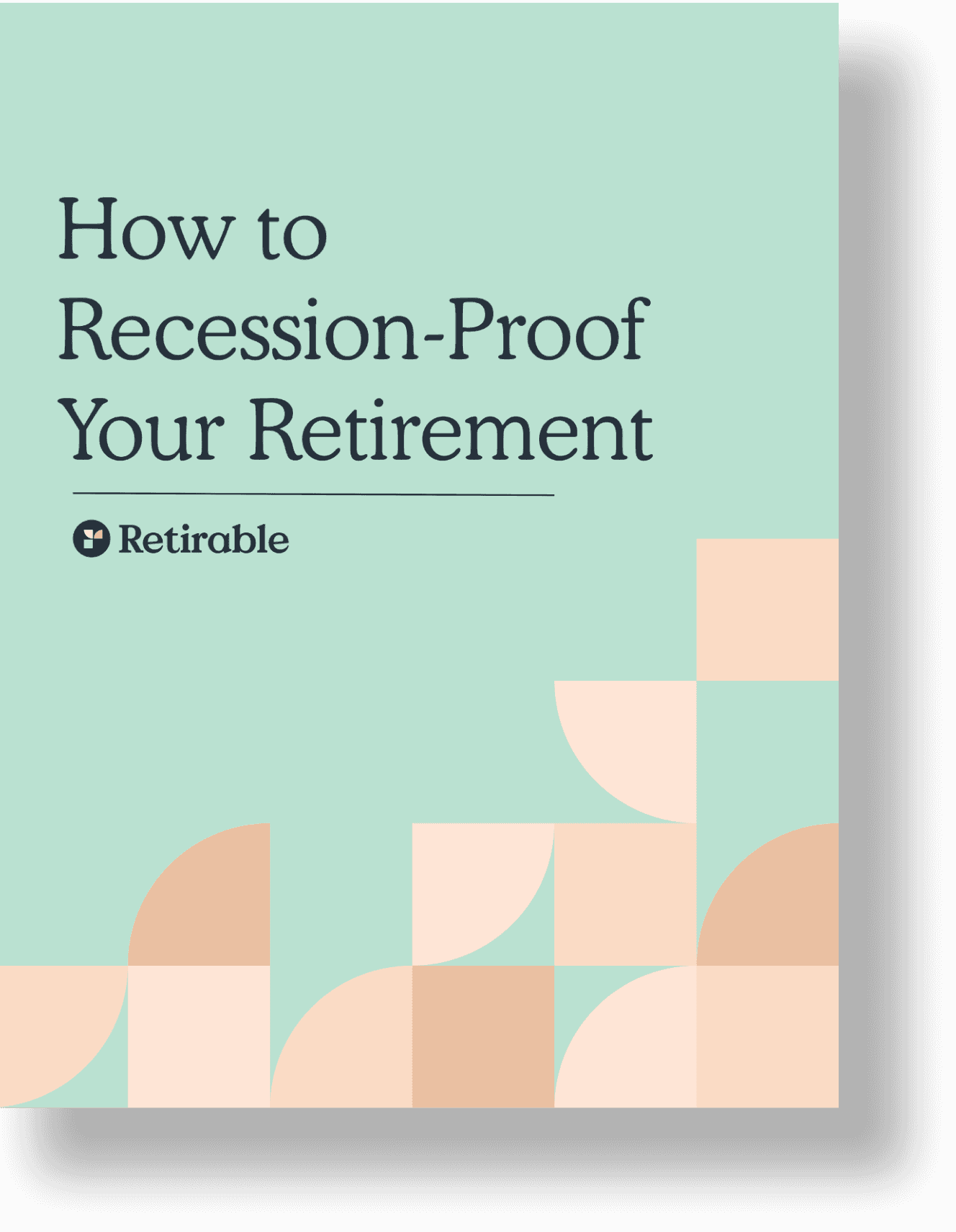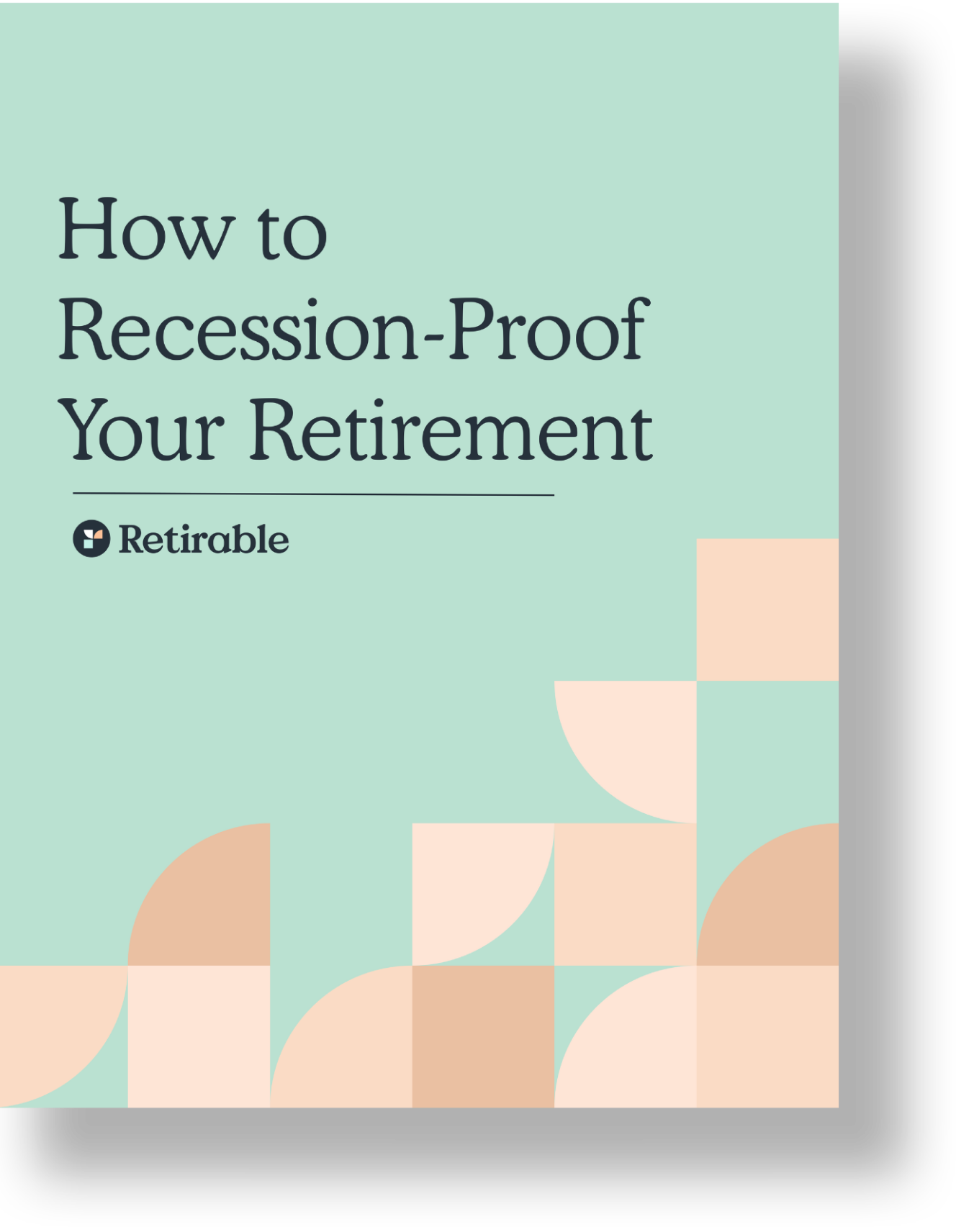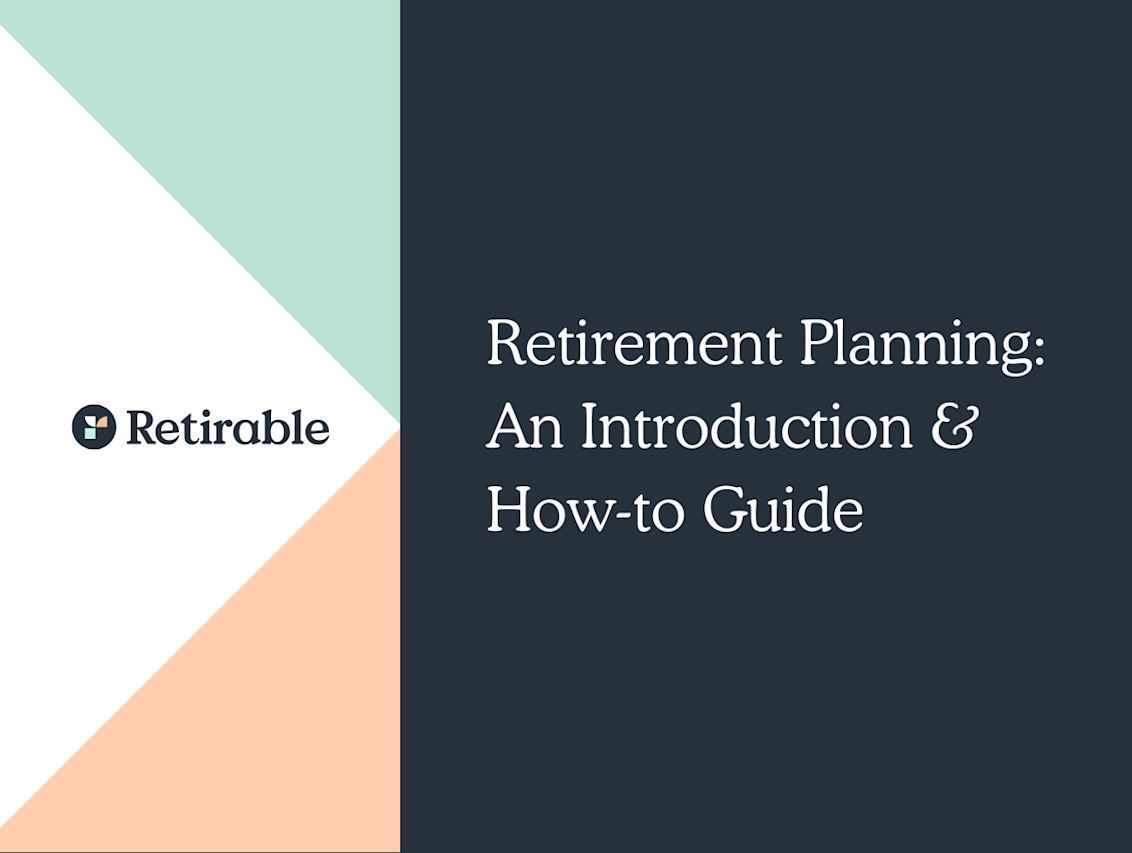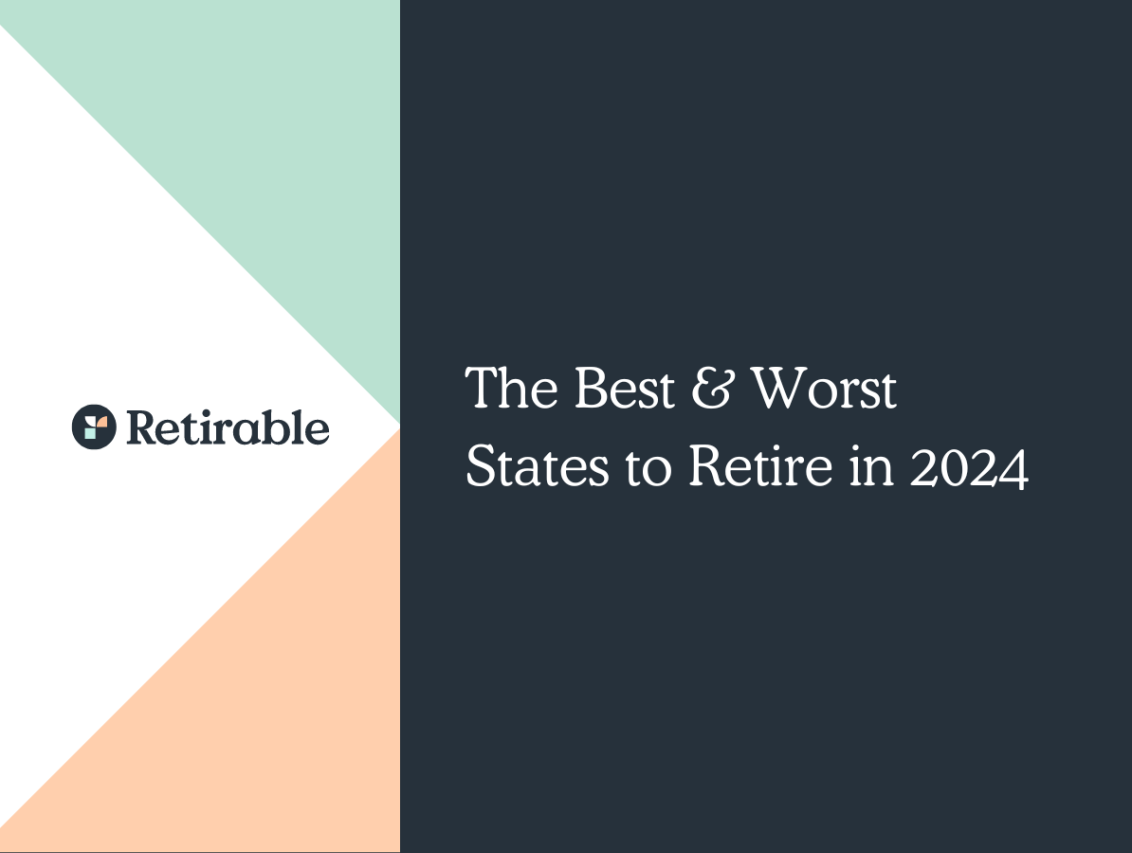Lifestyle
With mountain ranges and miles of beaches, it’s no wonder retiring to Panama is so popular. In addition to its natural beauty, retirees can enjoy five-star medical care, special discounts, a rich and diverse culture, and low housing costs. If you choose to retire in Panama, make sure you understand the visa process and requirements as well as the most popular locations for expats to spend their golden years, while also weighing your personal needs and preferences.

C.E Larusso
•
Published October 6th, 2023
•
Updated April 1st, 2024
Table of Contents
Key Takeaways
Panama’s Pensionado visa offers a range of benefits for retirees, including discounts on entertainment and medical care
The visa process is relatively simple, and there are several types of visas to choose from
The cost of living is overall much lower than in the US, and retirees can choose from mountain towns to beach condos or city life
With mountain ranges and miles of beaches, it’s no wonder retiring to Panama is so popular. In addition to its natural beauty, retirees can enjoy five-star medical care, special discounts, a rich and diverse culture, and low housing costs. If you choose to retire in Panama, make sure you understand the visa process and requirements as well as the most popular locations for expats to spend their golden years, while also weighing your personal needs and preferences.
How to Retire in Panama: Travel Tips & Immigration Guide
If you haven’t already spent a fair amount of time in Panama, now would be the time to do it. Explore the beautiful, vibrant country, and be sure to visit the cities (Panama City and David), the beachfront communities (Chitré and Coronado), as well as the mountain towns (Volcán and El Valle de Anton)—getting to know the different landscapes and vibes of Panama’s regions is key to understanding which is best for you and your retirement. You should also make sure the areas you’re considering living in have the amenities and support you need—not all areas of the country have easy-to-access medical facilities, though Panama, more generally, is known for its excellent hospitals.
You should also research what you’ll need to retire in Panama—most retirees will opt for the Pensionado visa, considering it has a low financial barrier and offers a wealth of benefits, but there are other avenues to explore. You’ll likely need an immigration attorney to help you process the documents and get your ducks in a row.
Finally, see if you can connect with any online expat communities on Facebook or Reddit to ask a lot of questions and get answers from those who have already been through the process.
Why do Retirees Choose to Live in Panama?
There are many reasons to retire in Panama that go beyond pleasant weather (though that’s a welcome bonus), including:
- Cost of living: Panama is much less expensive to live in, compared to most US cities. You’ll find the best deals outside of the city center, but even in Panama City life is quite affordable and generally, you can live more luxuriously on a smaller budget. Buses across town can cost as little as $1, and the price of food is often half of what you’d pay in the US.
- Healthcare: Panama City’s Punta Pacifica hospital is affiliated with Johns Hopkins Medicine in Baltimore, a world-renowned medical facility. The country has excellent healthcare, and often at a fraction of the cost of what you’d pay in America; residents only pay about $100 for a visit to the emergency room, for instance.
- Natural beauty: Rich with rainforests, beaches, and more natural splendor, if you love the great outdoors, Panama has it all. Retirees can enjoy hiking, swimming, birdwatching, and other activities.
- Large expat community: You’ll find many other retirees and expats in Panama; there are an estimated 20,000–30,000 Americans in the country and about 8,000–10,000 Canadians.
Average Cost to Retire in Panama
Average rent in Panama: $400–$1,200
Average home price in Panama: $200,000–$300,000
Average monthly grocery costs in Panama: $400
Average cost of living in Panama: $1,120–$4,000 per month
While the cost of living in Panama is much lower, on average, than life in the United States, the amount you’ll pay for lodging, food, entertainment, and so on will greatly depend on where you live (city vs. outside the city), where you shop, how often you eat out vs. cooking in, and so on. That said, you can live much more luxuriously in Paname for a fraction of the cost you would spend in America. In Panama City, the country’s capital, the average monthly cost of living for a family of four is $2,500 plus housing costs. Panama has a relatively large expat community, and has even set up its own special visa for retirees looking to move and live there. In 1987, the government debuted the Pensionado program, which allows expats to retire in Panama and receive special discounts on facilities and activities, ranging from hospital visits to dinners out to travel.
Immigration Programs for Foreigners Looking to Move to Panama
Panama, overall, is relatively easy to move to. There are several different visa options for foreigners, with low thresholds. You can opt for the Pensionado visa, which is for retirees and offers a multitude of discounts, or the Friendly Nations visa, which allows you to move to Panama if you have some kind of economic tie to the country, whether for a job or another reason.
There are other more obscure and specific visas, such as the Reforestation visa. This program requires you to invest $80,000 or more in reforestation projects in Panama.
Applying for a Visa
As a retiree, your best bet is to obtain the Pensionado visa. Not only does the visa allow you to stay in Panama as long as you like, it gets you special discounts on everything from airfare to food. To obtain a Pensionado visa, you’ll need to hire an immigration attorney in Panama to process the application, and prepare the following:
- A completed registration form
- A valid passport
- A police-issued background/record check, issued by the FBI
- Health certificate, issued by a Panamanian doctor
- A sworn statement about your personal background, issued by your immigration attorney
- Letter from the company or other entity proving that you have the required financial means for the visa, which is a guaranteed $1,000 per month. The $1,000 can come from a variety of sources, such as your Social Security, pension, or other retirement benefit
In addition to the Pensionado visa, there is a Friendly Nations visa, which is another way of obtaining residency. To get the Friendly Nations visa, you’ll need to qualify in one of these ways:
- Be employed in Panama by a Panamanian company that will issue you an employment contract and work permit
- Own a property in Panama valued at $200,000 or greater; the property can be financed through a mortgage with a local bank, and is allowed to be a primary residency or an investment property
- Deposit $200,000 in a Panama-based fixed-term account for at least three years
Housing Options in Panama
In the capital of Panama City, you’ll find a wide variety of housing. The neighborhoods of Punta Pacifica and Punta Patilla have more modern residential apartment buildings with extra amenities like swimming pools and concierge services.
The quainter San Francisco and Bella Vista neighborhoods have small homes and apartments, usually complete with an outdoor area, such as a garden, and a garage. The colonial neighborhoods of Casco Viejo or San Felipe house more administrative and office buildings than they do apartments and homes for rent, with the exception of some mostly used by tourists.
Outside of Panama City, you’ll find homes and condos, depending on what kind of town or village you’re looking in. In Coronado, a beach town on Panama’s Pacific edge, you’ll find beachfront condos in the $300,000 range; heading north into the mountains to El Valle de Antón, consider homes starting around $200,000 (though many exceed $500,000).
While it is legal for foreigners to buy real estate in Panama, you might be advised to buy under a corporation. Check with a local real estate attorney and real estate agent to confirm the best path.
How is the Retirement Community in Panama? Is it Easy to Fit In?
Panama draws a lot of expats, thanks to its excellent infrastructure, five-star medical facilities, and low cost-of-living. While the country suffers from inflation—like the rest of the world—you can still take public transportation for only a few bucks, and enjoy a meal out for under $20 or even $15.
While Spanish is the official language in Panama, approximately 15% of the population speaks English. English is spoken by more people in the cities, and less so the more rural you travel. Given the high number of tourists and expats in the country, it’s very easy to feel at home in Panama.
Best Places to Retire in Panama
Chitré
In the Azuero Peninsula, located in southwest Panama, you’ll find the city of Chitré. The area is known as much for its rowdy Carnival celebrations as it is for its natural beauty and good surfing. Expats have started to move into Chitré, discovering that this city has easy access to the beach, inexpensive rents, and excellent healthcare services—a brand new, modern hospital was built in 2019.
Average home price: $150,000–$250,000
Average rent: $500–$600
Estimated cost of living per month: $1,000–$2,000
Panama City
If you think you’ll long for the comforts of home and want the vibrancy and excitement of a big city, Panama City, the country capital, is where you’ll want to be. A large metropolis with a population of about 2,000,000, the city has outstanding medical facilities, an international airport, shopping malls, restaurants, and more. As it is a rather dense city, you’ll mostly find condos, though some neighborhoods such as San Francisco have single-family homes.
Average home price: $200,000–$300,000
Average rent: $900–$1,500
Estimated cost of living per month: $1,500–$2,500
David
David is Panama’s second-largest city, and it boasts many of the comforts that Panama City offers as well—shopping malls, restaurants, and cultural activities, to name a few. In addition, it has a smaller international airport and is only one hour away from Costa Rica. The city has a large expat population, so you won’t feel alone, and might be a nice compromise if you want to live somewhere with the amenities of a metropolis but think Panama City is a bit too noisy and crowded.
Average home price: $150,000–$250,000
Average rent: $400–$700
Estimated cost of living per month: $900–$1,400
Volcán
An hour away from David is the mountain town of Volcán. Because of its proximity to the city, you’ll never be far away from amenities, but can always return home to the quiet farming area of Volcán and nearby Cerro Punta. Given that so many farms exist in this region, you will find outdoor markets with fresh produce nearly every day of the week, with bags of fruits and vegetables available for as little as $5, as well as year-round perfect weather. There is a hospital in Volcán, but visits to specialists will likely require a trip to David.
Average home price: $250,000–$350,000
Average rent: $500–$900
Estimated cost of living per month: $1,500–$2,000
Coronado
Coronado is kind of the beach version of Volcán; it offers a relaxed lifestyle but is only one hour away from Panama City. Coronado, a gated resort community, has a high number of expats, and the amenities are meant to appeal to this population. There is an impressively large golf course, tennis courts, a spa, outdoor jacuzzis, and more. As with most places, the closer to the beach your home is, the more expensive it will be.
Average home price: $250,000–$350,000
Average rent: $800–$1,200
Estimated cost of living per month: $1,500–$2,500
El Valle de Anton
About two hours from Panama City up in the mountains, you’ll find the pleasant community of El Valle de Anton. Blessed with near-perfect weather year-round, El Valle is a common vacation location for locals in Panama City, so you’ll find all the amenities that come with that: spas, shopping, and upscale dining. It has abundant hiking trails and other nature preserves and sites, so is wonderful for outdoor enthusiasts.
Average home price: $300,000–$400,000
Average rent: $900–$1,500
Estimated cost of living per month: $1,500–$2,500
Boquete
Boquete has the most expats of any area of Panama, primarily due to its pleasant weather and tight-knit community. Every year, Boquete hosts a flower festival, which features activities for kids, shopping, and of course, flowers; the festival draws many visitors from around the country and globe. There are many popular trails for those who love to get their exercise in the great outdoors.
Average home price: $200,000–$300,000
Average rent: $1,000–$1,500
Estimated cost of living per month: $1,500–$2,500
Frequently Asked Questions
How much money do you need to retire in Panama?
To receive the Pensionado visa, you need to prove that you will receive at least $1,000 per month, guaranteed for the rest of your life. The $1,000 can come from various sources, such as your pension, Social Security, or 401(k), as long as the amount is guaranteed for the rest of your life.
How much monthly income do I need to live in Panama?
You should expect to spend roughly $1,500–$2,500 to live comfortably in Panama. This includes housing costs. Overall, the country is not the cheapest location in Central or South America, but it is still much less expensive than most places in the US.
Do they speak English in Panama?
Yes, English is spoken by nearly 15% of the population. You’ll find the highest concentration of English speakers in cities (such as the capital of Panama City), though some of the resort and vacation areas, because they are so focused on tourism, will also have many English speakers. The country has a high expat population, so you’ll find many people in the same situation as you, should you choose to retire in Panama.
Why choose Panama as a retirement destination?
Panama is a popular retirement destination due to its tropical climate, affordable cost of living, and the Pensionado visa program, which offers attractive benefits and discounts to retirees. Additionally, Panama boasts a high standard of living, beautiful landscapes, and a stable economy and government, making it appealing for expatriates.
What is the Pensionado visa, and how do I qualify?
The Pensionado visa is a program designed for retirees who wish to live in Panama. To qualify, you must have a lifetime pension or annuity of at least $1,000 per month. If you buy property in Panama worth at least $100,000, the monthly income requirement reduces to $750.
Can I buy property in Panama as a foreigner?
Yes, foreigners can buy property in Panama with very few restrictions. Foreigners enjoy the same property ownership rights as Panamanian citizens, making it an attractive option for retirees looking to purchase a home.
Is healthcare affordable and accessible in Panama?
Healthcare in Panama is both affordable and high quality, with many healthcare professionals speaking English. Panama City hosts several internationally accredited hospitals. Many retirees also opt for private health insurance to cover services and treatments.
What is the cost of living for retirees in Panama?
The cost of living in Panama can vary significantly depending on your lifestyle and location. Panama City is more expensive than rural areas, but overall, Panama offers a lower cost of living compared to many Western countries, making it possible to enjoy a comfortable retirement on a modest budget.
Do I need to speak Spanish to live in Panama?
While Spanish is the official language of Panama, many Panamanians speak English, especially in Panama City and expatriate communities. Learning basic Spanish, however, can enhance your experience and help with day-to-day activities.
How does the taxation work for expatriates in Panama?
Panama operates on a territorial tax system, meaning residents are only taxed on income earned within Panama. Foreign-earned income is not taxed, making it favorable for retirees receiving pensions from abroad.
Can I bring my pets with me when I retire in Panama?
Yes, you can bring your pets to Panama. You'll need to comply with specific veterinary and documentation requirements, including a health certificate issued by a licensed veterinarian and an import permit from the Panamanian authorities.
How do I start the process of retiring in Panama?
Begin by researching and possibly visiting Panama to explore different areas and what they offer. Consult with a legal advisor familiar with Panamanian immigration law to guide you through the Pensionado visa application process. Planning your finances, including understanding the cost of living and healthcare expenses, will also be crucial steps in your preparation.
Share this advice

A professional content writer, C.E. Larusso has written about all things home, finance, family, and wellness for a variety of publications, including Angi, HomeLight, Noodle, and Mimi. She is based in Los Angeles.
Share this advice

A professional content writer, C.E. Larusso has written about all things home, finance, family, and wellness for a variety of publications, including Angi, HomeLight, Noodle, and Mimi. She is based in Los Angeles.
Free Retirement Consultation
Still have questions about how to properly plan for retirement? Speak with a licensed fiduciary for free.






